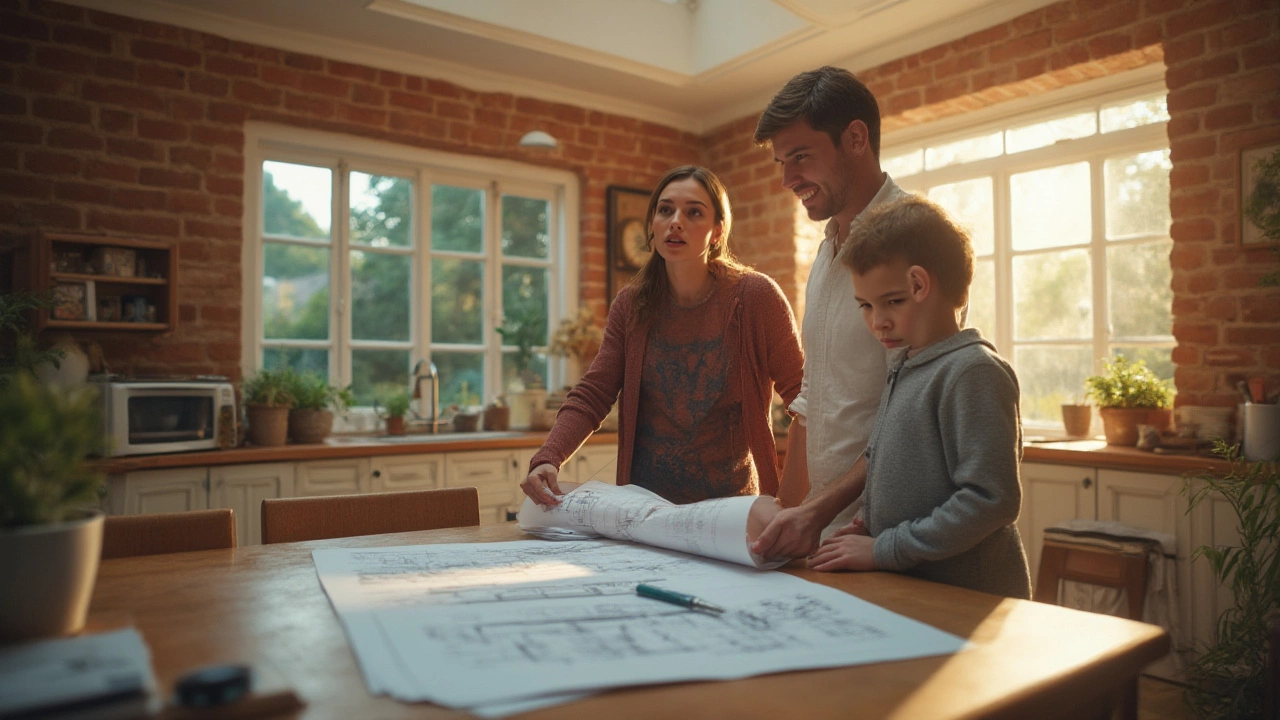House Extension Cost: What You Need to Know
Thinking about adding extra rooms to your home? The first question on most people’s mind is the price. In the UK, a house extension can cost anywhere from £15,000 for a simple single‑storey bump‑out to over £100,000 for a large, high‑spec project. The final number depends on a handful of clear factors, not on mystery calculations.
Main Factors that Drive the Price
Size is the biggest driver. A 20 m² ground‑floor extension will be cheaper than a 40 m² two‑storey build because you need less roof, fewer stairs and less structural work. Materials matter too – a basic brick build with standard roofing will cost less than a project that uses premium cladding, high‑end windows, or specialised flooring. Location plays a role; building in a city centre or an area with tight access can add labour and plant charges.
Planning permission is another cost piece. If your extension falls within permitted development limits, you’ll save on fees and time. Anything that exceeds those limits needs a full planning application, which can add £500‑£2,000 in fees plus the possible expense of a planning consultant. Don’t forget the structural engineer – most extensions need a structural assessment, and that can run from £300 to £1,200 depending on complexity.
How to Keep Your Extension Budget on Track
Start with a solid budget and stick to it. Get at least three quotes from reputable builders and compare line‑by‑line. Often the cheapest quote cuts corners on insulation or finishes, which can bite you later. Ask for a detailed breakdown that includes demolition, foundations, walls, roof, services (plumbing, electrics), finishes and contingency.
Use a contingency fund of around 10‑15% of the total estimate. Unexpected ground conditions, like soft soil or hidden services, are common and can quickly increase costs. By setting aside a buffer, you avoid surprise invoices that stall the project.
Consider phased construction. If you need space now but can wait on a luxury kitchen finish, do the core build first and finish later. This spreads the financial load and lets you take advantage of seasonal discounts on materials.
Finally, check your insurance. Some home insurance policies don’t cover extension work until it’s completed and signed off. Talk to your insurer early to avoid gaps that could leave you paying out‑of‑pocket for damages.
Adding space to your home can boost comfort and resale value, but it only pays off if you understand the cost picture from day one. Keep an eye on size, materials, planning rules and a realistic contingency, and you’ll walk through a finished extension without a nasty financial shock.

